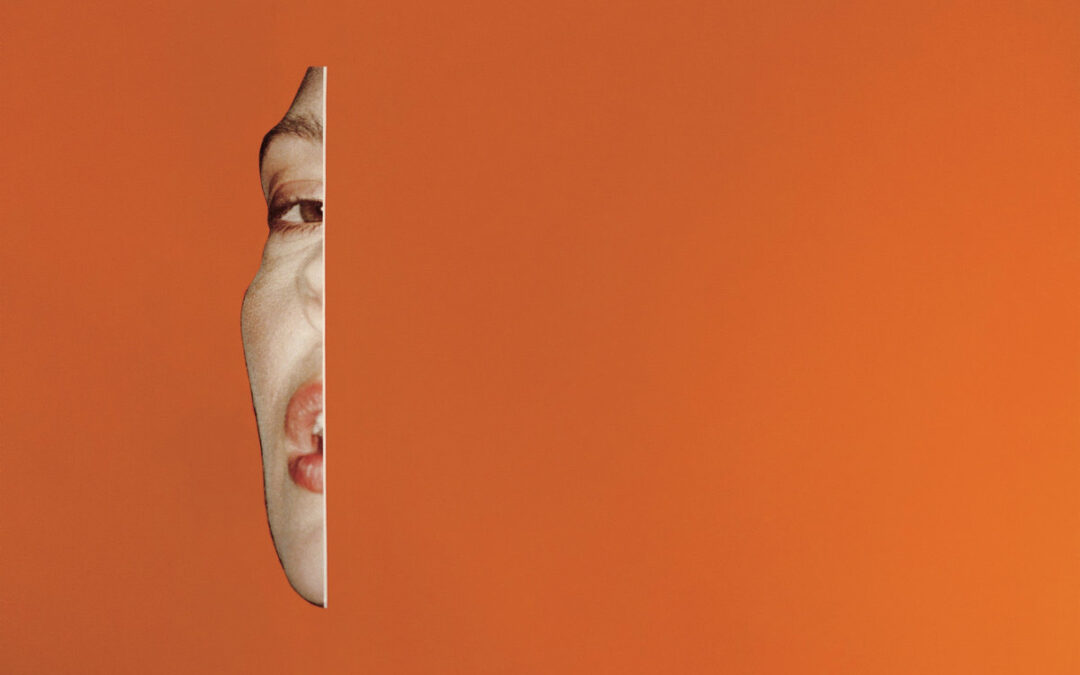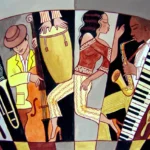The British singer-songwriter’s third album embraces a daring, inventive production style that highlights the soulful power of her voice..Even in the midst of slippery, unpredictable production, voice has always been the most undeniable force in her music. The English artist’s melodic inclinations are front and center on her early alt-R&B and soul albums, 2016’s Control and 2019’s YU. On Lowe’s third solo studio album, Lover, Other, she channels the raw immediacy of Son into even bolder explorations. While Rosie will always wow with the sheer beauty of her voice, here, perhaps for the first time, she’s crafted an album that rides off the strength of its sterling, restless, and inventive production.Lover, Other conveys a sense of emotional directness in its lyrics. Lowe is at times confident, braggadocious, and completely convinced that she is the shit. Elsewhere, though—oftentimes immediately after these uplifting moments—Lowe retreats into a shell, unsure of her worth, purpose, and relationship to others. On “Mood to Make Love,” Lowe tantalizingly croons over a perfectly dusty bassline and barely-there percussion, singing, “Bet you never met a girl like me/Never knew how tough I’d be/Walked out the sea dripping gold.” It’s on that last word that Lowe throws in a number of vocal layers, giving the proclamation a shimmering spotlight. On the very next track, “In My Head,” the drums are grooving and the bassline recalls the soul-funk of fellow UK chameleons SAULT. Lowe, however, is decidedly less grounded than moments before: “I was in my head/Couldn’t get it out/Be such a shame/If I could be without,” she sings.
The album’s production, which Lowe handled alongside Harvey Grant and D’Monk, mirrors the constantly shifting self-reflection in the lyrics. Lowe wanted to record in a way that was unencumbered by complex recording setups, so she took a miniature mobile studio across Europe and visited collaborators, heading to Florence, Berlin, Barcelona, and her hometown of Devon. It results in a certain level of playfulness and sonic variety across the album, like on the love song “Walk In The Park,” where an affected old Rhodes pops up to say hello. The latter half of the record is decidedly less formal than the former, with Lowe untethering her voice from beats and verse-chorus structure, choosing instead to wash her voice in vocoders (“Don’t Go”) and minimal arrangements consisting of simple drum beats and bass lines that move in and out of the rhythmic pocket.
It’s in these looser compositions that Lowe’s production truly shines. Outside the main vocal melody of “Out of You,” the song is rich with the sound of static rain, breathy horn textures, and chopped vocal squawks. “Lay Me” begins with multiple vocal lines floating over a piano groove before shifting into a neo-soul song in conversation with the Soulquarians; its percussion—a brushed snare drum and a floor tom-like sound so loose it’s as if the head is barely on the instrument—emphasizes Lowe’s exacting vision as a producer. Elsewhere, Lowe flexes her pop muscles, like in the clever interactions between clicking percussion, swishing hi hats, a walking bassline, and Rosie’s rich vocal textures on “Gratitudes.” Lowe has created something daring and unwavering in Lover, Other. In using her most provocative production to date, she doesn’t dim the shine of her primary instrument—instead, she highlights its brilliance.
Pitchfork 2024.





Recent Comments